Tuesday, April 23, 2024
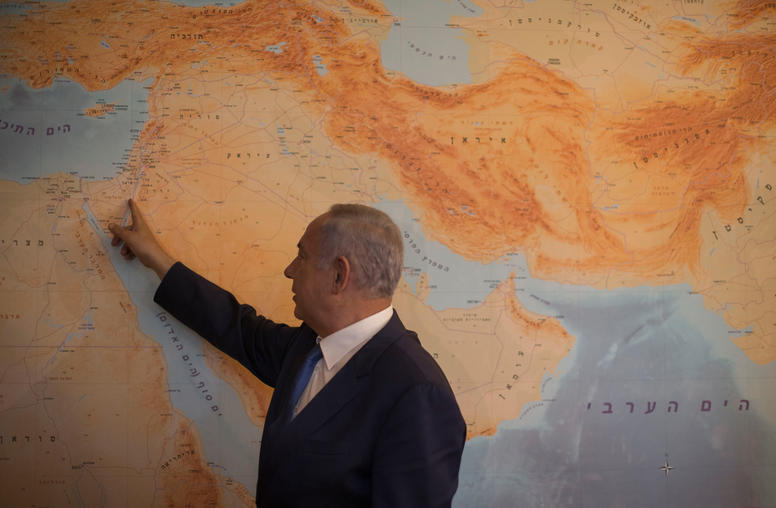
As Netanyahu, Trump Meet, How to Keep Doors Open to Peace?
Israeli Prime Minister Benjamin Netanyahu’s meeting with U.S. President Donald Trump in Washington tomorrow is likely to produce at least a few initial signs of next steps in a decades-long conflict—and equally long efforts to resolve it. It’s unclear how President Trump will engage on the stalled Israeli-Palestinian peace process, but he has indicated his interest in “making the ultimate deal.” He also recently issued a statement on the unhelpful nature of settlements, and affirmed his commitment to the two-state solution.
How to Foster Peace in Iraq After ISIS
When Iraqi tribal leaders were forced to flee the city of Hawija in northern Iraq as the Islamic State seized the area in 2014, they weren’t much concerned with advancing the rule of law. But last year, as ISIS’s grip weakened and the possibility of returning to Hawija grew nearer, the leaders faced the prospect of an aftermath stained by revenge killings of collaborators and demand for “blood money” in compensation. Such tribal justice could set off new rounds of violence and instability.
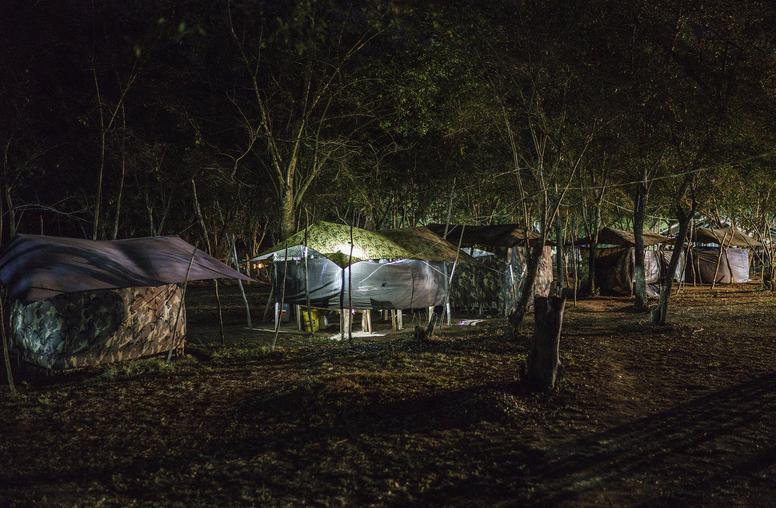
Colombia Peace Talks Open with Second Rebel Group
After three years of exploratory talks, the Colombian government and the country’s largest remaining insurgency, the National Liberation Army (ELN), are due to open formal negotiations tomorrow in Quito, Ecuador. The beginning of the long-delayed talks represents another significant breakthrough in prospects for peace in Colombia, even as the government starts implementing the terms of its agreement last year with the larger Revolutionary Armed Forces of Colombia (FARC-EP). The ELN talks also offer a new kind of opportunity for public participation in peace processes.
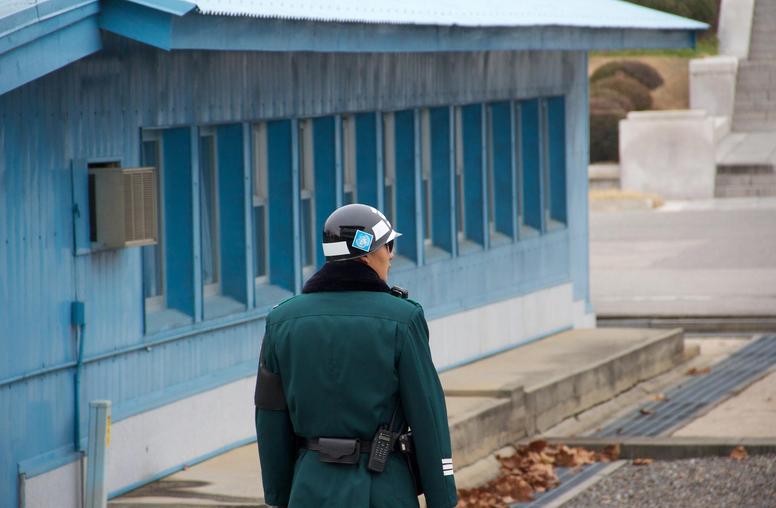
Asia Eyes Defense Chief Mattis Trip for U.S. Policy
As U.S. Defense Secretary James Mattis visits Seoul and Tokyo this week, the region and the world are searching for signals about what President Donald Trump’s “America First” policy means for Asia. In a region that values stability above all, there is a growing uncertainty and nervousness about America’s commitment to its continued peace and prosperity.
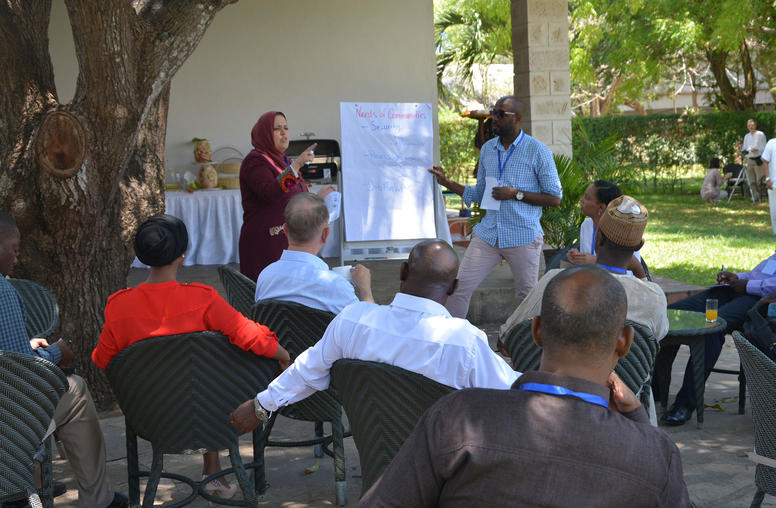
To Reduce Extremism, Bridge the Government-Society Divide
One after another, the women told their stories: the stigma, the repeated questioning by officials, the police anti-terrorism units following them. The women had become civic activists after losing their sons or husbands to the lure of violent extremism. They said they just wanted to make sure no one else suffered the same pain. But all the authorities could see was the relative of an extremist.

Violent Extremists Find Traction Among Kosovo’s Youth
Last month, police arrested 25 people for allegedly planning synchronized terrorist attacks in Kosovo and Albania, including against the Israeli national soccer team and its fans during a match. Authorities said the foiled attacks had been ordered and coordinated by ISIS commanders from Kosovo fighting in Syria and Iraq. The case underscores the accelerating risk for terror attacks outside Iraq and Syria, as ISIS loses ground, its foreign fighters return home or fresh recruits get stuck in th...
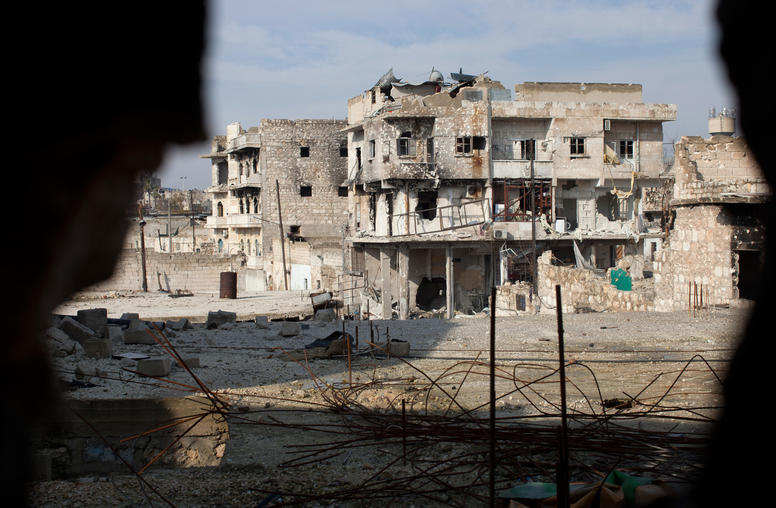
'Jihadism' After Aleppo and Obama
Eastern Aleppo’s last traumatized residents waited prayerfully this weekend for bus rides to join the most massive refugee population ever recorded—about 65 million people on the planet, most uprooted by war. If those forced from their homes formed a nation, it would rank about 20th most populous in the world. At the core of this unprecedented upheaval are nine civil wars, from Libya to Afghanistan, exploited by groups such as ISIS and al-Qaeda. Less than a month before President-elect Donald...
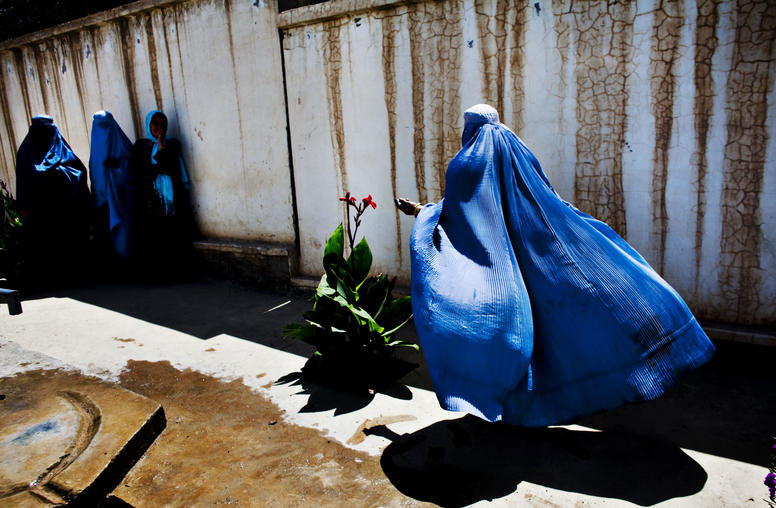
Women in Extremist Movements: Not Just Passive Victims
Last month, two female suicide bombers killed 24 people in northeast Nigeria. In September, Paris police arrested three women for plotting a terrorist attack on behalf of the Islamic State (ISIS). The same month, in Kenya, police killed three women who attacked the main police station in Mombasa. In a headline fairly typical of the news and commentary in such cases, the Daily Beast reported that “ISIS is turning women into cannon fodder.” But the findings of more than 80 interviews we conduct...
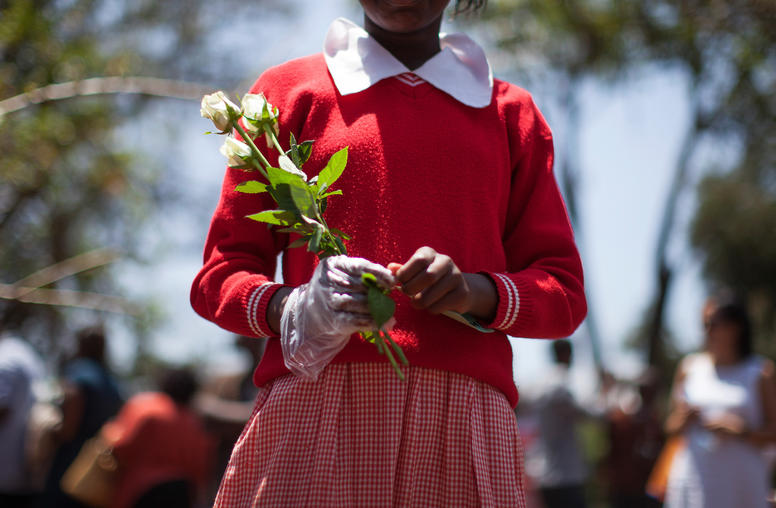
How Communities Resist Violent Extremism
In 2003, the women of Tononoka, an ethnically and religiously diverse neighborhood in Mombasa, Kenya, organized security to protect themselves after a series of violent rapes had gripped the community. This movement, which they dubbed Sauti Ya Wanawake (Women’s Vioces), has spread nationally to prevent sexual violence, and the precedent has inspired Tononoka to mobilize repeatedly for its own security, including during the violence that followed the 2007 Kenyan elections. Today, this resilien...
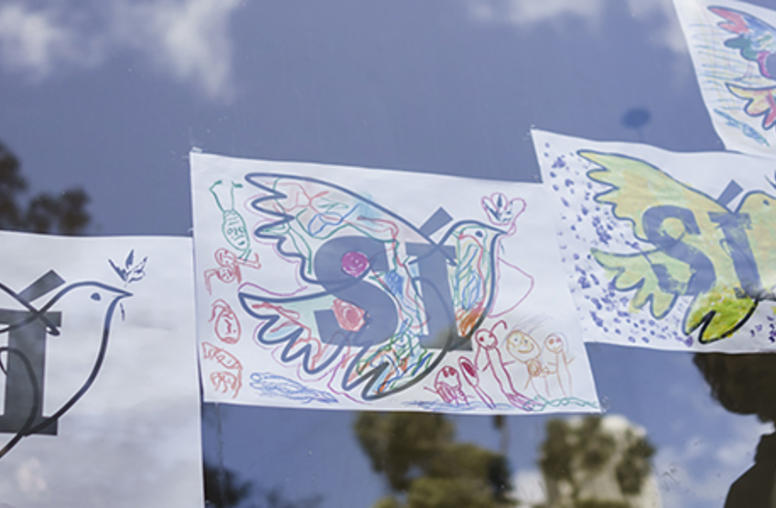
The Accord: Colombia’s Commitment to Peace
There are landmark moments in the history of a nation that transcend borders and herald a new vision for the future. The signing of the peace accord in Colombia represents such a moment. If the Colombian people ratify the Havana peace agreement in the plebiscite scheduled for October 2, it will be the beginning of a transition that finally puts decades of war behind and opens the way to genuine peace. It will be mined across the globe for lessons that might apply to other intransigent conflic...
